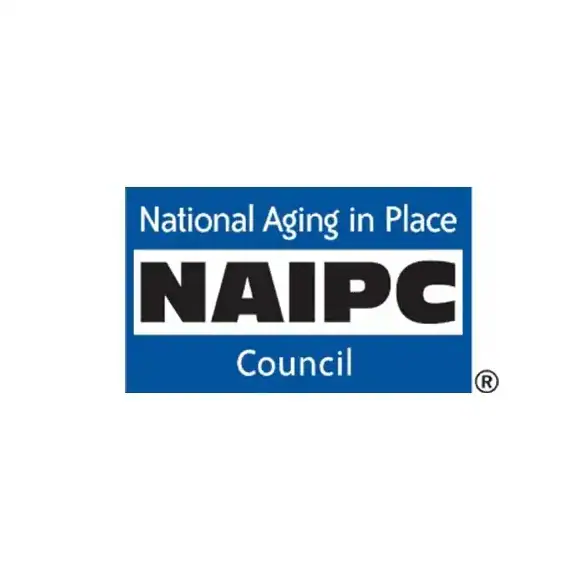Trust Attorney in Plainview, NY
Protect Your Family's Future Today
Clear guidance through trust creation and estate planning when your family’s security matters most.


Living Trust Benefits Plainview
Your assets stay private. Your family avoids months of court delays and thousands in probate fees. You maintain complete control during your lifetime while ensuring everything transfers exactly as you intended.
When you create a properly structured trust, you’re not just planning for death—you’re planning for life. Your trust can protect your home from nursing home costs, provide for a disabled family member’s ongoing care, and give you peace of mind knowing your wishes will be followed without family disputes or court interference.
The right trust structure means your loved ones receive their inheritance quickly and privately, without the stress and expense of probate court. That’s protection that matters.
Plainview Trust Lawyer Experience
We have served Long Island families for years, understanding exactly how local homeowners need to protect their assets. We focus on elder law, estate planning, and trust administration, with deep knowledge of New York’s specific requirements and opportunities.
What sets us apart is our accessibility. We offer bilingual services in Spanish and Italian, and we’ll meet you at your home, hospital, or nursing facility when you can’t come to us. This isn’t just legal service—it’s legal support designed around your life and your family’s needs.
Long Island families face unique challenges with property values, Medicaid planning, and multi-generational care. We know these challenges because we’ve been helping local families navigate them successfully for years.

Trust Creation Process Plainview
First, you’ll discuss your specific situation and goals in a consultation. This covers your assets, family structure, and concerns about the future. Every family’s needs are different, so this conversation shapes everything that follows.
Next, we draft the appropriate trust documents based on your unique circumstances. Whether you need a revocable living trust, irrevocable trust for asset protection, or special needs trust, each document is prepared specifically for your situation and New York law requirements.
Finally, you’ll sign the completed documents and transfer your assets into the trust. This includes updating property deeds, bank accounts, and other holdings. We guide you through each step, ensuring nothing is missed and your trust is properly funded and functional from day one.

Ready to get started?
Trust Types Asset Protection
Living trusts let you maintain control while avoiding probate. Revocable trusts can be changed anytime during your lifetime, while irrevocable trusts provide stronger asset protection but with less flexibility. Asset protection trusts specifically shield your wealth from nursing home costs and creditors.
Special needs trusts protect disabled family members without affecting their government benefits. Trust administration services ensure your trust operates correctly after it’s created, handling distributions, tax filings, and ongoing management responsibilities.
In Plainview and throughout Long Island, property values make trust planning especially important. Your home likely represents your largest asset, and proper trust structure can protect it from Medicaid recovery while ensuring it passes to your children as intended. We handle every aspect of trust creation, funding, and ongoing administration.









